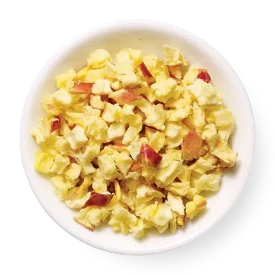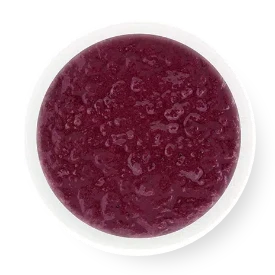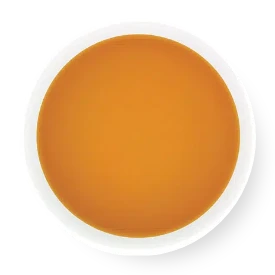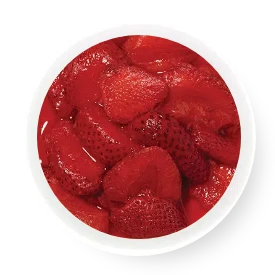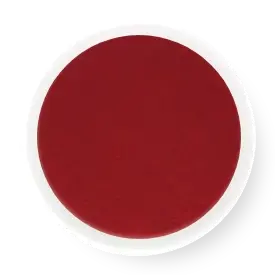Our Products
Tree Top is all about bringing our customers every fruit ingredient imaginable — and we use advanced technology, personalized service and years of experience to make it happen.
We’ll partner with you from start to finished product, working closely with your product developers to design the optimum ingredients.
Fruit Products
Explore a full range of fruit products made with quality ingredients — and with our customers in mind.
Resources
Get the latest news on crop updates, research and development, and market insights.

